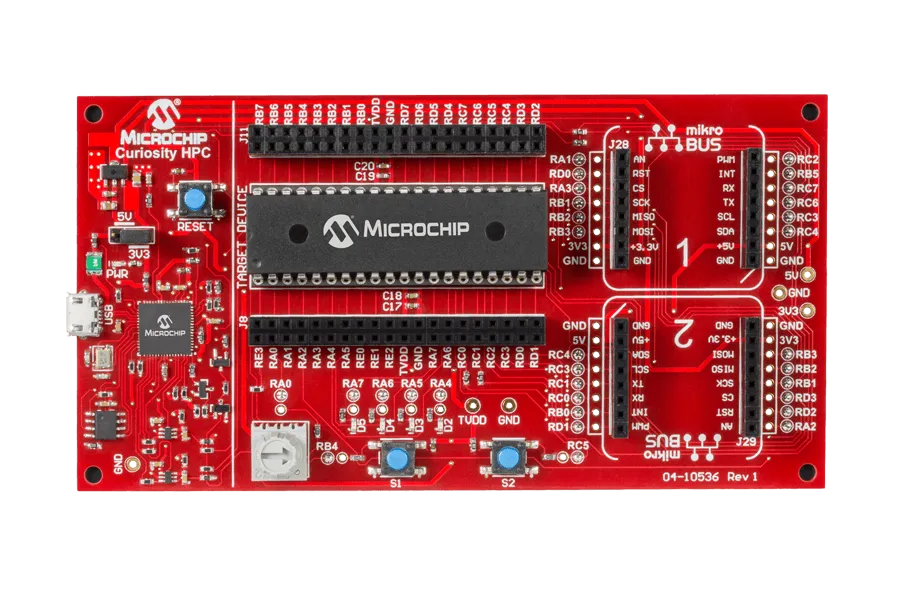What's Embedded Software?
Embedded software is specialised programming written to control machines or devices that are not typically thought of as computers. It is found in a wide range of electronic devices and systems, such as smartphones, automotive systems, medical devices, industrial machines, and consumer electronics.
Unlike general-purpose software, embedded software is designed to perform specific tasks, often within real-time constraints. It is tightly coupled with the hardware it runs on, meaning it must be optimised for efficiency and reliability, given the limited resources and power of the hardware.
You don't need to be an electronics expert to be a software engineer. Think of embedded software as the brain inside a device that tells it what to do, much like how a conductor directs an orchestra without playing the instruments themselves. It’s like being able to see the hardware from the inside and giving it instructions on how to perform specific tasks.


How Does It Help?
The benefits of embedded software to society are vast and multifaceted. Embedded systems are integral to the operation of countless devices that make daily life more convenient, safe, and efficient.
Moreover, embedded systems are crucial in industrial automation, leading to more efficient manufacturing processes, and in consumer electronics, providing the functionality that users have come to expect in devices like smartphones, smart TVs, and home automation systems.
Additionally, embedded software plays a pivotal role in modern communication systems, facilitating the seamless operation of networks and devices that keep us connected. From the reliability of internet routers to the functionality of smartphones, embedded systems ensure that data is transmitted and processed efficiently.
This technology is foundational to the infrastructure that supports our digital world, enabling everything from social media interactions to business communications.
A Rewarding Journey
To pursue a career in embedded software through a good mentoring program, one would gain a solid foundation in software enineering, focusing on key areas such as computer architecture, operating systems, and software development.
A mentoring program offers the advantage of personalised guidance from experienced professionals, helping to navigate the complexities of the field. Practical experience is crucial, and mentors can facilitate hands-on experiance and personal projects. Learning programming languages commonly used in embedded systems, such as C, and gaining familiarity with real-time operating systems (RTOS) and techniques used are essential steps. Furthermore, a mentoring program can provide insights into industry trends and opportunities for professional networking, all of which are instrumental in securing a successful career in embedded software.

